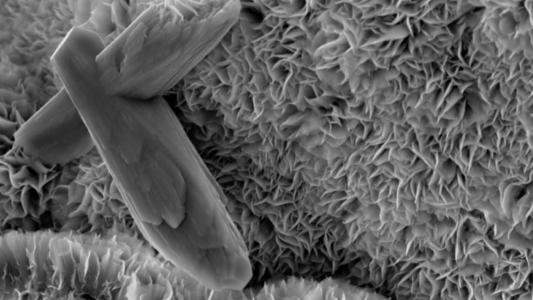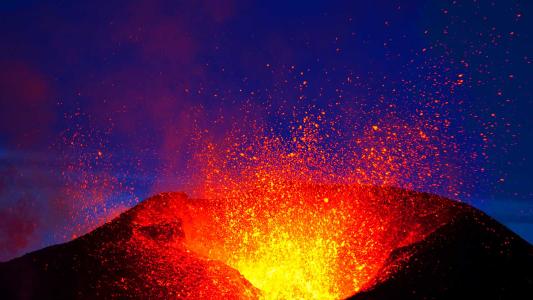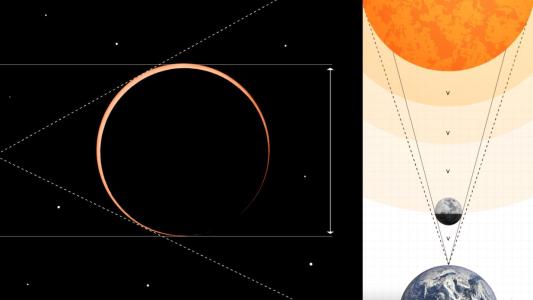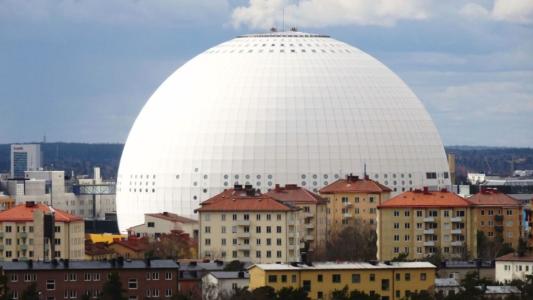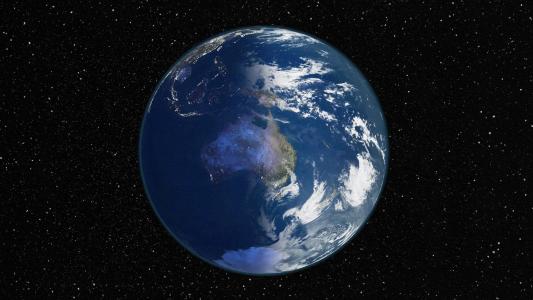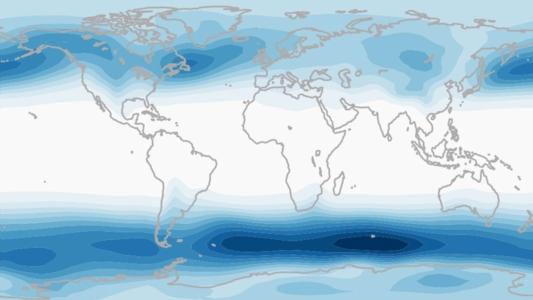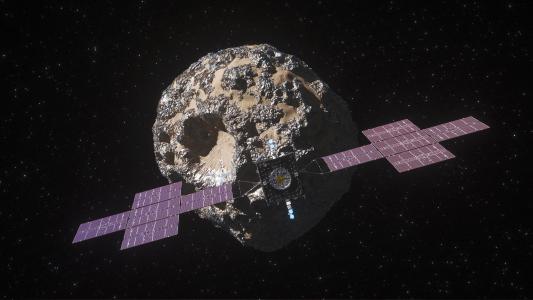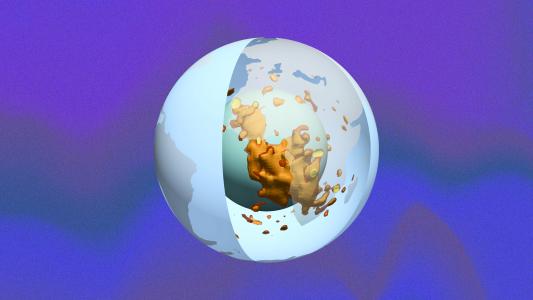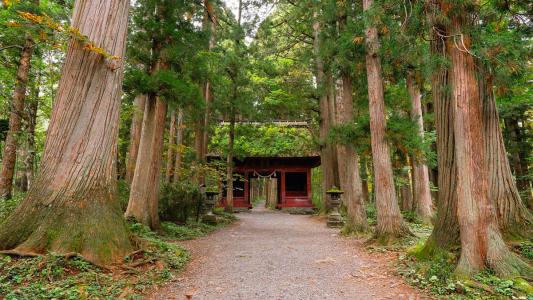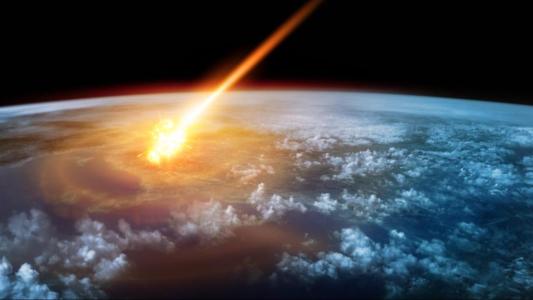Planet Earth
A mineral produced by plate tectonics has a global cooling effect, study finds
Geologists have found that tectonic activity gives rise to smectite, a type of clay that can sequester a surprising amount of organic carbon.
Volcanic Iceland is rumbling again as magma rises
Volcanic eruptions in this region of Iceland tend to flow rather than being explosive, as residents have already experienced. A geologist explains.
The 2023 annular eclipse will have huge consequences 6 months later
Only twice a year are the conditions right for the Sun, Earth, and Moon to align in space: creating conditions for either solar or lunar eclipses.
There’s an entire solar system hiding inside Sweden
The Avicii Arena in Stockholm is the world’s largest spherical building and the center of the world’s largest scale model of our solar system.
Evidence suggests the world’s largest known asteroid impact structure is buried deep in southeast Australia
After years of asteroid impact research, experts think the world’s largest known impact structure is buried deep in the earth in Australia.
Reflecting sunlight to cool the planet will cause other global changes
MIT researchers find that extratropical storm tracks would change significantly with solar geoengineering efforts.
NASA mission to a $10,000-quadrillion asteroid is two months from launch
NASA hopes to get a glimpse at Earth's core by sending a spacecraft to 16 Psyche, an metal-rich asteroid 280 million miles away.
Theory proposes remnants of a destroyed planet lurk near Earth’s core
The two vast “blobs” buried in the Earth’s mantle could be the remains of a planet some believe crashed into Earth 4.5 billion years ago.
World’s oldest trees reveal the largest solar storm in history
One of the greatest threats to all our infrastructure is a solar storm, which has the potential to cause a multi-trillion dollar disaster.
A comet impact 13,000 years ago might have wiped out megafauna
Researchers note a "synchronicity" of geochemical signals suggesting that fragments of a comet struck Earth approximately 13,000 years ago.
